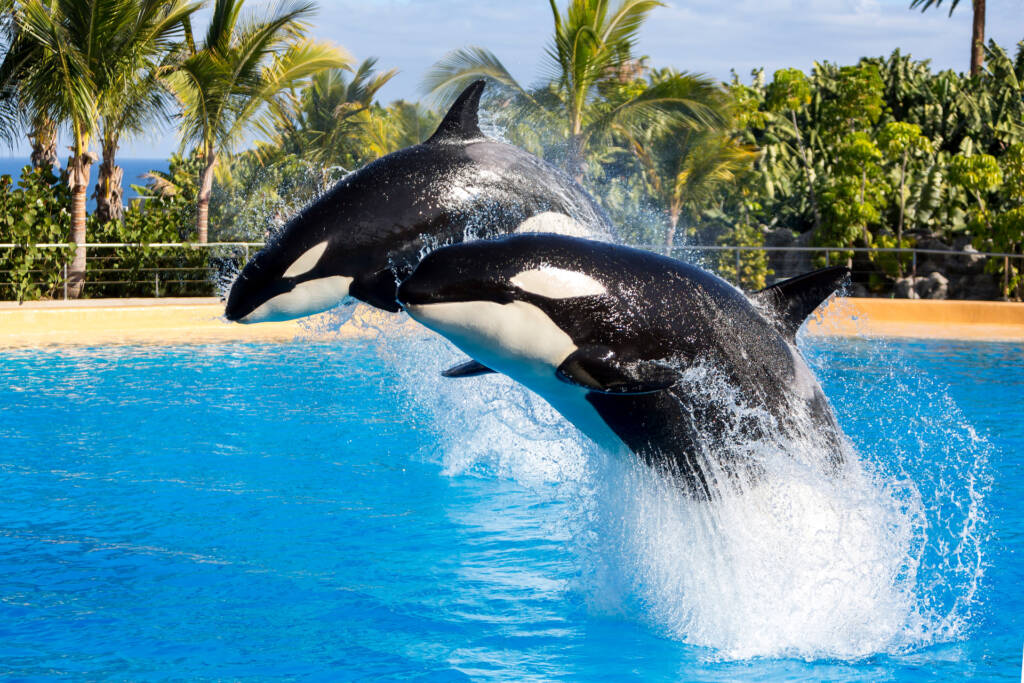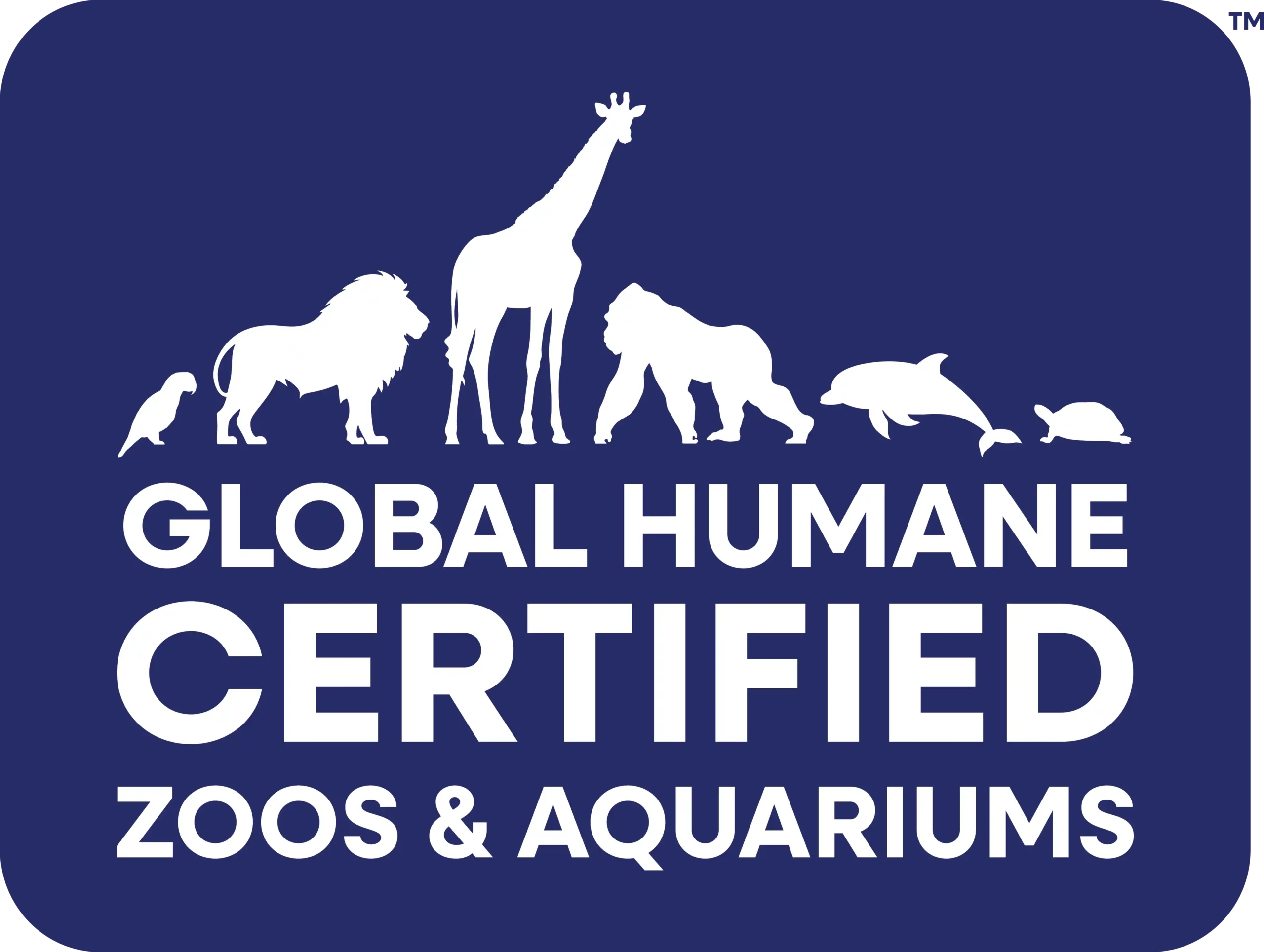
It is truly surprising that, in the middle of the 21st century in a European country as progressive as France, such populist decisions are taken, clearly driven by certain animalist groups with the interest of discrediting and destroying the concept of a modern zoo and, with it, all its achievements and contributions to animal welfare and the conservation of biodiversity on our planet. We are of course referring to the announcement made by the French Minister of Ecological Transition, Barbara Pompili, in which she prohibits the keeping of cetaceans under human care, in other words, under the watch of specialised zoological centres that have all the certifications and licences, as well as specialists with years of experience in the field of animal care.
What also captures our attention is that the decision had to be taken by ministerial decree, as the proposal of this anti-zoological project did not find any interest at parliamentary level in the same country.
Therefore, we would like to bring the following to the attention of the minister and the interested public:
- Firstly, the measure is not based on animal welfare, but on political motivations. There is not a single animal welfare expert who has supported a ban on the breeding of cetaceans in zoos. The term “welfare expert” should be well underlined, i.e. veterinarians dedicated to the study and improvement of animal welfare, not animal rights activists. When it becomes clear that cetaceans do not have welfare, problems in zoos it becomes clear that this measure does not make sense.
- Attempting to relocate all the dolphins and killer whales in France to marine sanctuaries is as naive as thinking that the welfare of cetaceans is spontaneously improved by placing them into a sea pen. In sanctuaries, animals are exposed to marine pollution (red tides, oil slicks, plastic, underwater noise …), they are also exposed to pathogens and parasites that do not exist in zoos. A storm could easily destroy the sanctuary’s net and end up drowning all the dolphins on the beach, as it already happened with purse-seine fishing gear in Portugal. They are not likely to learn to eat fish by themselves (exactly what is happening at the beluga sanctuary in Iceland), and if they did do that they would quickly exhaust all the fish populations in the bay. All that without mentioning the dirt and filth that would be created in the water because of the continual excrement accumulation from a group of huge predators in a small bay.
- There are currently no marine sanctuaries for either dolphins or killer whales. After ten years of searching for a place to build a marine sanctuary for its dolphins (to avoid investing in a new facility) the Baltimore Aquarium gave up and reported that with the current conditions due to climate change it was not possible to find a suitable place to build a coastal sanctuary in the Caribbean. A similar situation has occurred with the dolphins in Barcelona Zoo, after several years of trying to relocate them to a sanctuary, the City Council recognised that no such facilities existed and moved them to a zoo in Greece. It is most likely that ten years the cetaceans of France will remain where they are or will have to be moved to another dolphinarium outside Europe. The success of breeding in European dolphinariums has meant that there is no longer any space available and the surpluses have had to be moved outside due to extravagant political decisions such as those taken by France.
- Preventing animals from reproducing limits their behaviour enormously and condemns them to live in small and unstable social groups for the rest of their lives. In practice, the measure will adversely affect the welfare of cetaceans in human care in France for several decades, causing the animals to suffer.
- It has been demonstrated that the prolonged use of contraceptives produces alterations in the ovulatory cycles of cetaceans and may lead to serious pathologies, hormonal alterations and behavioural problems. It is suspected that this type of treatment with contraceptive hormones could even be related to the appearance of uterine cancer. All this seriously affects the welfare of the animals.
- Forcing dolphinariums to cease their activity reduces the space available to care for stranded cetaceans that have been evicted, that is, they could not survive if they were returned to the sea. At this time, zoos are the only alternative for these animals that would otherwise have to be euthanised. Animals that cannot be returned to the sea can now be relocated to dolphinariums where they receive veterinary care, food and proper environmental conditions at no cost to the public administration.
- When the dolphinariums stop their activity, an extraordinary educational resource will be lost to draw attention to the problems that cetaceans suffer in nature, such as the chemical pollution that threatens to eliminate 50% of orca populations by 2050, the noise pollution that has increased the number of cetaceans that wander with hearing problems, the collisions with ships that are about to extinguish the Atlantic right whale, or the accidental fishing catch that is estimated to kill 300,000 small cetaceans worldwide every year. In recent years France is a good example of the terrible effect of this accidental capture, every year hundreds of mutilated dolphins appear on French coasts: https://www.independent.co.uk/news/world/europe/dolphins-killed-beach-dead-france-sea-shepherd-atlantic-coast-a8828371.html
- Without the dolphinariums, a first-rate scientific resource is lost, where scientists can investigate essential questions about the physiology and intelligence of cetaceans, as well as the negative effects that the substances with which we are contaminating the sea can have on them. Fundamental questions such as the echolocation or communication of cetaceans were discovered thanks to the animals kept in dolphinariums. When they disappear, enormous opportunities for scientific research will disappear with them.
- If the reproduction of whales and dolphins in zoos is prohibited, this will not only mean the end of dolphinariums, but also the end of the professional careers of the experts responsible for the care, health, feeding, handling, etc. of the animals. Hundreds of professionals who will see their careers terminated will mean the loss of essential experience in the care of rescued whales, or if in the future it becomes necessary to set up captive breeding projects for critically endangered cetacean species. Without veterinarians, caretakers and trainers for marine mammals, the chances of establishing future programmes for the breeding and reintroduction of endangered cetacean species under human care are very limited. If the next Californian harbour porpoise or Chinese river dolphin needs to be saved, where will the experts be able to do so?










